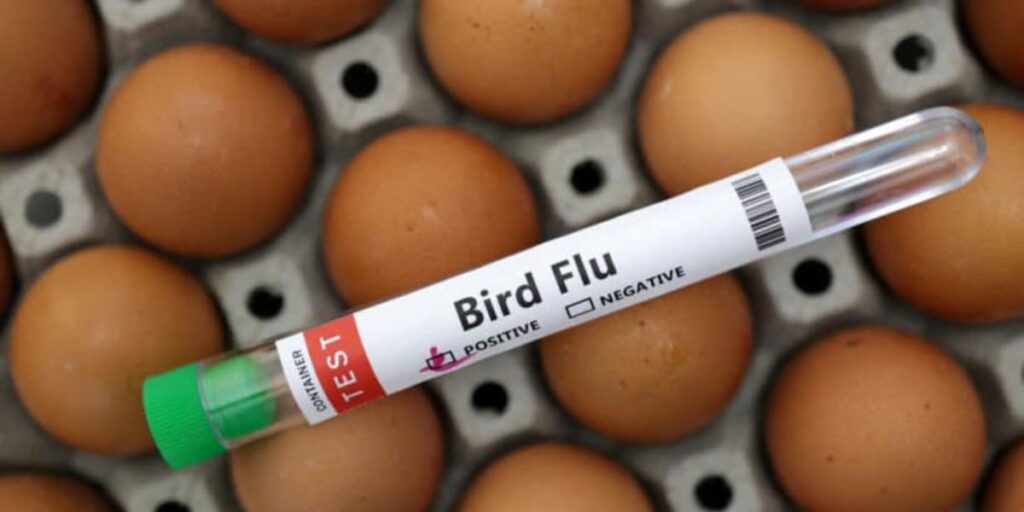- The U.S. government has given Moderna $176 million to develop a bird flu vaccine.
- The H5N1 outbreak has infected 132 dairy cow herds across 12 states and three humans.
- The funding supports research and preparation for large-scale vaccine production.
The U.S. government has granted Moderna $176 million to develop a vaccine for bird flu, marking a significant investment in combating avian influenza. This funding, provided through the Biomedical Advanced Research and Development Authority (BARDA), will help Moderna create a vaccine using mRNA technology, similar to what was used in its COVID-19 vaccine.
The current H5N1 outbreak, also known as bird flu, has spread to 132 dairy cow herds across 12 states, with three human cases linked to infected cows. The virus was first identified in cows on March 25, according to data from the Centers for Disease Control and Prevention (CDC) as of June 28. The Department of Health and Human Services (HHS) is funding this initiative to ensure the vaccine is ready for large-scale production if needed.
Public health experts, including former BARDA director Rick Bright, view this funding as a crucial step in modernizing pandemic response capabilities. Bright praised the potential of synthetic vaccines to offer broad immunity and rapid production without additional adjuvants. However, he expressed concerns about the adequacy of testing and transparency surrounding the H5N1 outbreak, particularly the need for improved serology testing to monitor infections and human-to-human transmission.
Bright also criticized the U.S. Department of Agriculture (USDA) for not providing detailed information about the outbreak’s scale, making it difficult to assess the full impact. Colorado has been notably affected, with 26 herds reported as infected, representing almost a quarter of the state’s dairy herds. Despite the growing number of cases, only 53 people have been tested for the virus so far.
Experts warn that if the virus continues to spread unchecked among animals, it could mutate into a more dangerous form for humans. Science writer Christer Watson highlighted the risk of the virus evolving to attach to human respiratory cells, noting that humans currently have no natural immunity to it.

